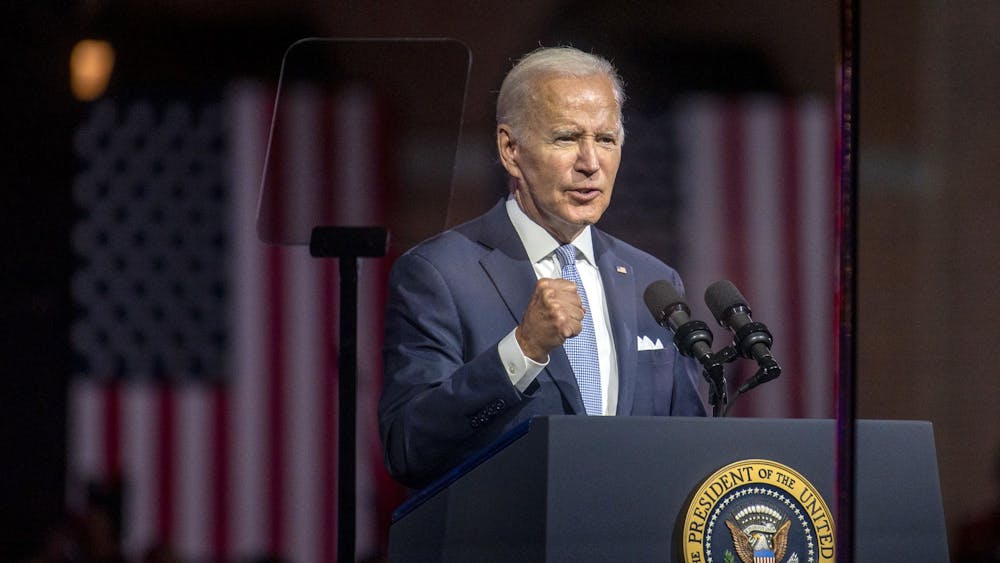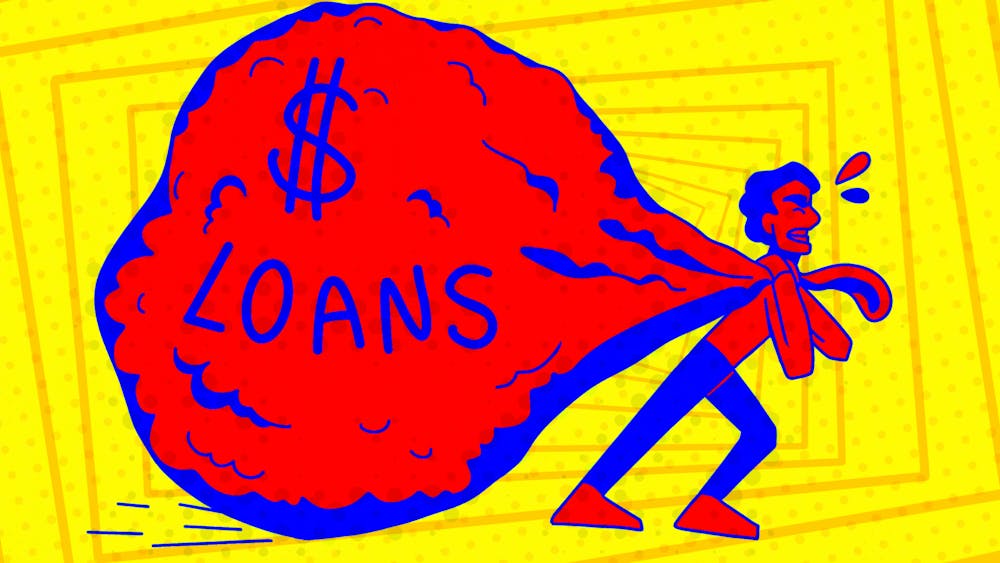At least 40 percent of white Americans hold some negative views toward blacks, enough to sway the presidential election in favor of Republican nominee John McCain, according to an AP-Yahoo News poll released last week.
For some at IU, it’s expected.
“Acknowledgement is the only surprise,” said Audrey McCluskey, a professor of African American and diaspora studies, as well as the director of the Neal-Marshall Black Culture Center.
BLOG: The Politiker
She said race and bias have always been a part of the election, in language and innuendo. McCluskey cited references to Democratic nominee Barack Obama as “uppity” as an example of that sort of language.
The poll, conducted with Stanford University, found that one-third of white Democrats have negative views toward blacks.
It suggests that the percentage of voters who might turn away from Obama because of his race could easily be larger than the final difference between the candidates in 2004 – about 2.5 percentage points.
McCluskey argued that there is a double standard in which black candidates have their intelligence and accomplishments used against them while white candidates with similar qualifications are praised for them.
Junior Chelsea Kane, chairwoman of the IU College Republicans, and senior Anna Strand, president of IU College Democrats, aren’t as sure. They said race has played some role in the election, but they both said they hoped Americans would choose the president based on merit and qualifications.
Race has always been part of the election, Strand said, but in this – the most intense part of the election – more hot topic issues pop up.
“I want to believe we’re a nation that’s moved past that,” Strand said.
She also said while some Americans might vote based on race, most wouldn’t.
Kane said race shouldn’t matter.
“It’s interesting it’s being brought up now, honestly,” she said.
She added that people look for candidates they can relate to and might not want to step out of their comfort zones.
McCluskey said some people are comfortable around people different from themselves, and others aren’t. Race, she said, is so apparent that it’s difficult for some to ignore. Some haven’t had the opportunity to interact with people of different races, she said.
She said she’s fearful that too many Americans are unwilling to let go of racial animosity.
“I’m very hopeful, but I’m a little nervous,” McCluskey said.
-The Associated Press contributed to this report.
Poll: Racism might affect election
Leaders are ‘hopeful’ but unsure that Americans will vote prejudice-free
Get stories like this in your inbox
Subscribe





